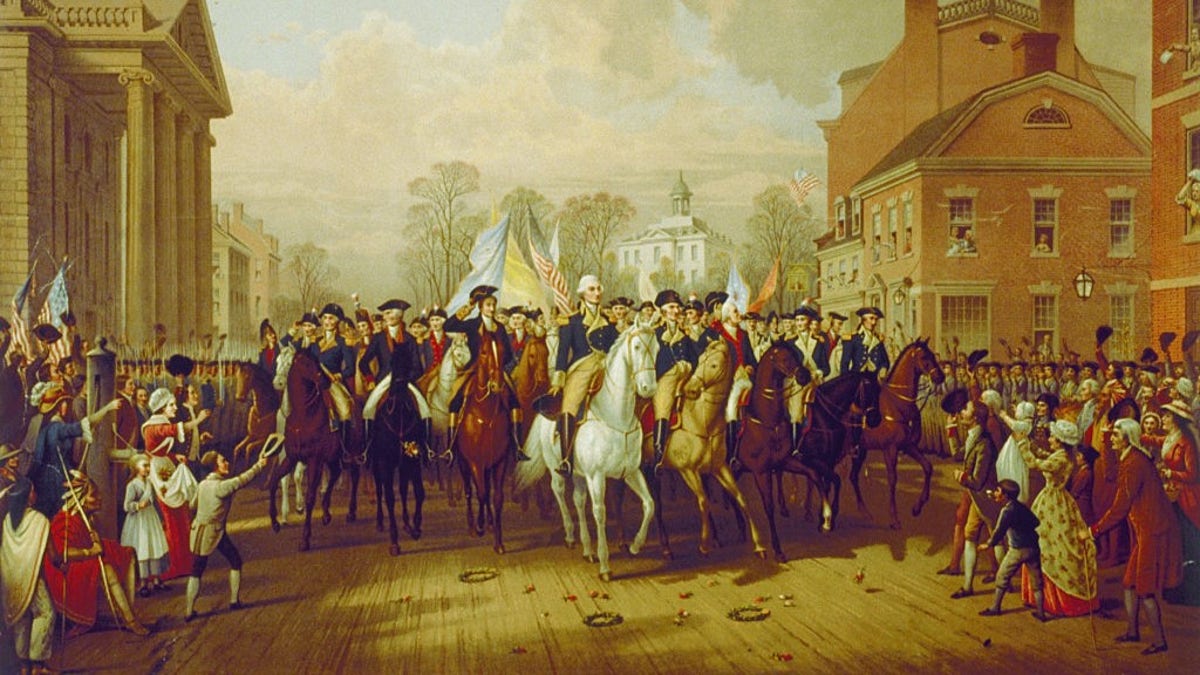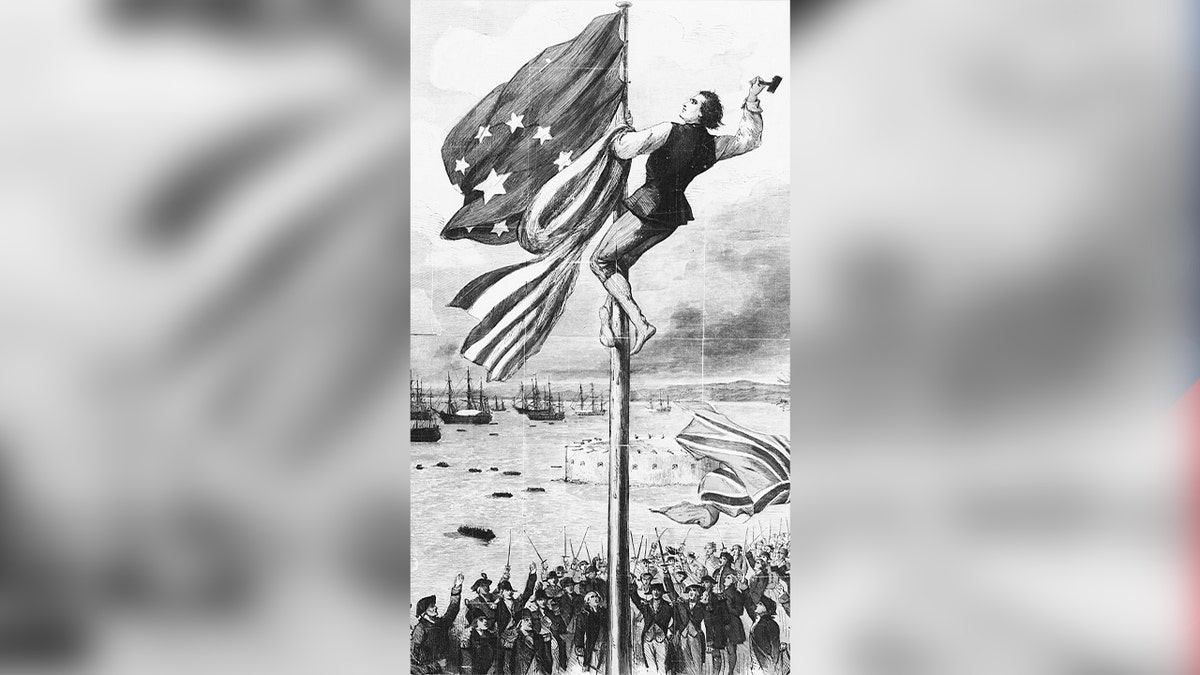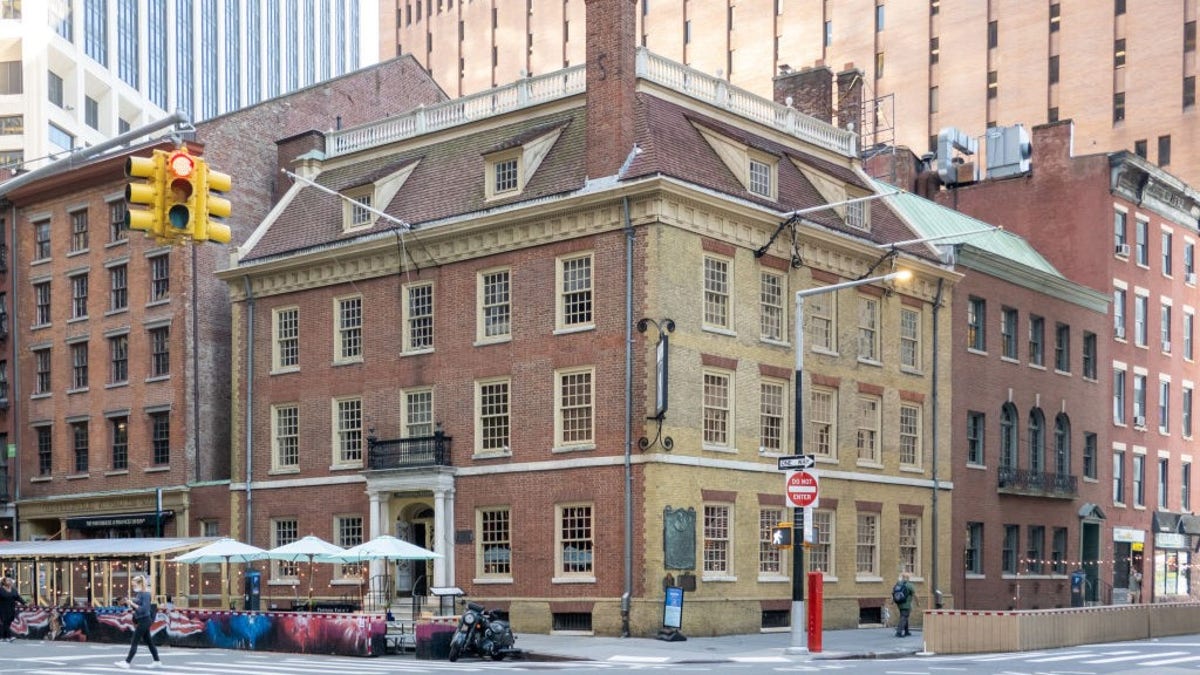While Thanksgiving is now a cherished national holiday, its rise to prominence inadvertently led to the decline of another significant celebration: Evacuation Day. This day, observed on November 25th, commemorated the final departure of British troops from New York City at the end of the Revolutionary War.
President Abraham Lincoln's proclamation of Thanksgiving in 1863, initially a gesture of gratitude for a bountiful harvest, gradually overshadowed Evacuation Day. By the mid-20th century, Thanksgiving, fixed to the fourth Thursday of November, had firmly taken root in American culture.
This shift, coupled with improving relations with Great Britain, pushed aside the commemoration of the British retreat. New York City, a key British stronghold throughout the war, finally saw the last Redcoats leave on November 25, 1783, following the signing of the Treaty of Paris.

The British departure wasn't without its symbolic gestures. In their haste, they greased flagpoles flying the Union Jack, including one at Bennett Park. However, Revolutionary War veteran Sergeant John van Arsdale ingeniously scaled the greased pole, replaced the British flag with the Stars and Stripes, a sight visible across lower Manhattan.

Later that day, George Washington, accompanied by New York Governor George Clinton, led a triumphant march down Broadway. A celebratory dinner and "Farewell Toast" followed at Fraunces Tavern, a historical site that now houses a museum dedicated to Evacuation Day.

For a time, Evacuation Day held greater significance than both Thanksgiving and Independence Day. The 19th century saw school closures, reenactments of van Arsdale's flagpole climb, and lavish dinners. Annual parades continued until the 1910s.
However, as the relationship between the U.S. and Great Britain strengthened, particularly during the World Wars, the focus on Evacuation Day waned. While large-scale celebrations ceased, smaller commemorations, such as flag-raisings at Bowling Green, have occasionally taken place.
The thirteen toasts raised at Fraunces Tavern on that first Evacuation Day, each representing a newly formed state and expressing hopes for the nation's future, are still recited annually by the Sons of the American Revolution, preserving a piece of this forgotten history.
Comments(0)
Top Comments